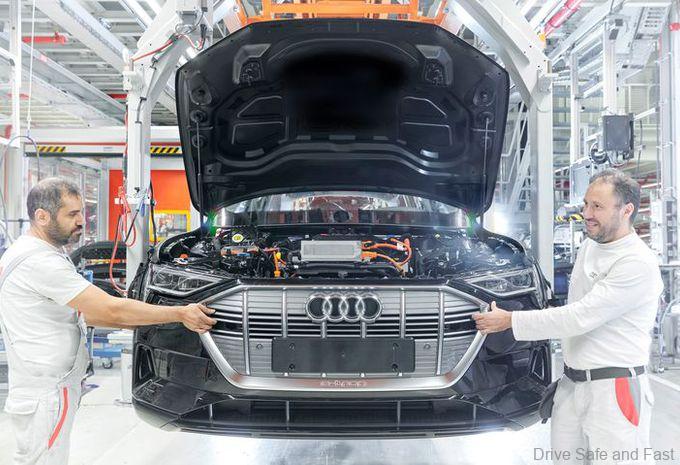Thailand’s Committed EV Policy Ensures Greener Mobility
Is a lack of policy makers use of their own personal EV why Malaysia continues to lag behind?
The talk of the town, or at least Electric Vehicle (EV) promoters in Malaysia lately has been Thailand and how they have been improving their charging infrastructure and their commitment to EVs in general.
During the Future Mobility Asia Steering Committee, recently held in Bangkok, Chief Inspector General, Thailand Ministry of Energy & Co-chair of Future Mobility Asia Steering Committee, Dr. Twarath Sutabutr stated “Thailand is certainly going towards clean mobility with plans to implement home charging stations and public charging stations at hotels, department stores and tourist destinations.
The government is certainly supportive of clean mobility and we foresee proactive plans and policies to be rolling out in the near future to support the charging infrastructure in Thailand.”

With Policies such as the 3030 EV Production Policy, it’s no wonder Thailand is at the forefront of the region. The goal for this policy is to ensure 30 percent of total automotive production to EVs by 2030.
A panel discussion concerning Thailand’s plans in becoming a production hub for clean mobility in Southeast Asia was also conducted by representatives from the Thai Government and experts.
Regarding 3030 EV Production policy, Chanin Khaochan, Deputy Secretary General, Thailand Board of Investment said “By 2030, Thailand aims to produce 725,000 electric vehicles with plans to penetrate global markets.

We are expecting 400,000 units to be sold in domestic markets while the others will be on exports.”
The panel highlighted Thailand’s drive to produce more EVs while still maintaining the viability of Internal Combustion Engine (ICE) Vehicles moving forward.
The panellists also took this opportunity to raise their concerns and bring light to thee challenges they may encounter as Thailand progresses in it’s journey of clean mobility.
“One of the biggest challenges in adopting electric vehicles is the need for charging infrastructure.
Public charging is one of the key factors to ensure that end-users can travel freely with no constraints, similar to how end-users travel with ICE vehicles,” said Yossapong Laoonual, Assistant to President for Sustainability, King Mongkut’s University of Technology Thonburi, Honorary Chairman, EVAT.

Yossapong added “…People may rely on public charging facilities due to the absent of home charging facilities. In this case, the government’s support and investments on the implementation of charging stations across Bangkok is important.”
Everyone in Thailand is confident that with two car programs having partnerships with large high tech foreign projects, that it should be a piece of cake for them to introduce local EVs sooner rather than later.
Perhaps they will start small with simple battery systems to reduce purchase costs and before we know it, Thailand can go from simply ‘rebadging’ existing EVs to making real innovations in technology transfer to maximize profits while still obtaining alluring government incentives.